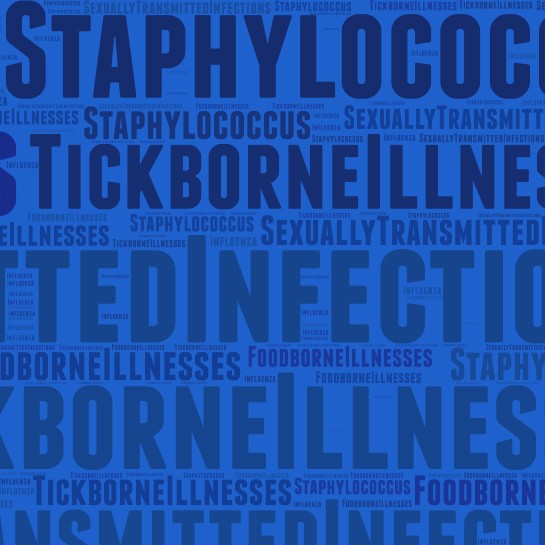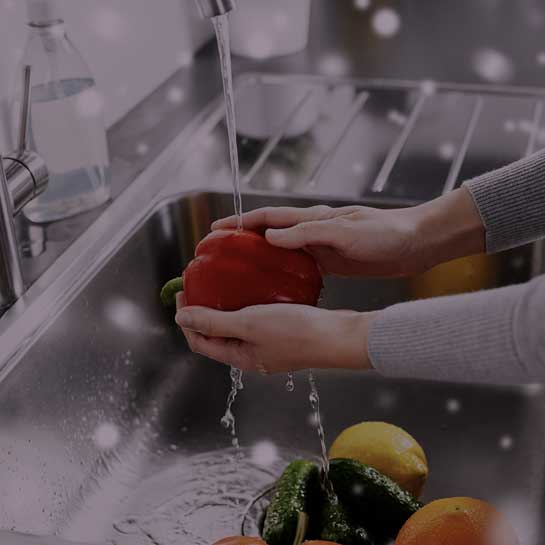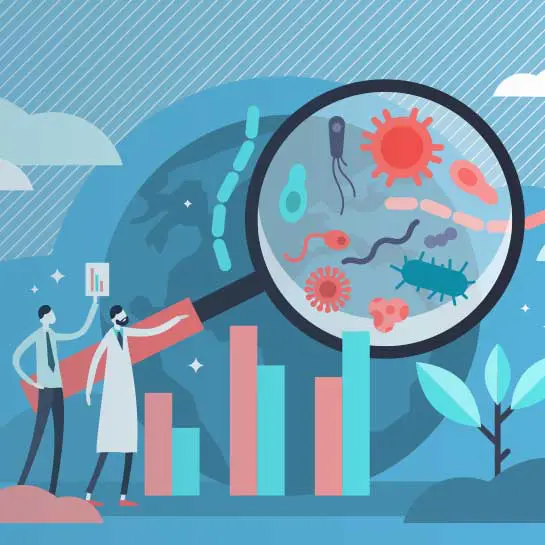Symptoms and Treatment
for Yersiniosis
What is yersiniosis?
Yersiniosis is a foodborne illness that’s caused by the Yersinia enterocolitica bacteria. Most people become infected after eating contaminated pork products — especially when they are raw or undercooked — or coming in contact with an individual who prepared a contaminated pork product. Yersiniosis is more likely to occur in children than adults, particularly during the winter months because these bacteria can survive in harsh conditions like refrigeration or environments that are low in oxygen.
What are the symptoms of yersiniosis?
Signs and symptoms of yersiniosis vary depending on the age of the infected individual. Typically, they develop four to seven days after exposure and can last one to three weeks or longer. Young children most commonly experience fever, abdominal pain, and diarrhea, which is often bloody. Older children and adults with yersiniosis may have symptoms such as fever and pain on the right side of the abdomen — often confused with appendicitis.
How does ID Care diagnose yersiniosis?
ID Care specialists diagnose yersiniosis after sending a sample of your stool to the laboratory — this examination will determine whether or not the Yersinia enterocolitica bacteria are present in your body. We’re also able to detect these bacteria through samples of saliva in the throat, lymph nodes, joint fluid, urine, bile, or blood.
How does ID Care treat yersiniosis?
Complications of yersiniosis are rare, and the infection typically subsides on its own. However, if yersiniosis is severe, ID Care physicians may prescribe a regimen of antibiotics to help your body fight the infection.
Can I prevent yersiniosis?
There are a few preventive measures you can take to avoid yersiniosis. First, avoid eating raw or undercooked pork and remember to drink only pasteurized milk and milk products. Second, always wash your hands with antibacterial soap and water before eating and preparing food, after contact with animals, and after handling raw meat — remember to clean even your fingernails thoroughly. Finally, using separate cutting boards for meat and other foods and carefully cleaning all cutting boards, countertops, and utensils with antibacterial soap and hot water — especially when preparing raw meat — will significantly decrease your chances of contracting yersiniosis.
SOURCE: Centers for Disease Control and Prevention (CDC)





